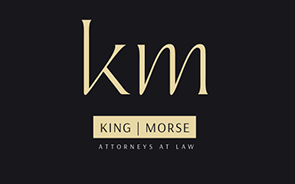Health care fraud has serious consequences for both the health care system and the public. It includes dishonest actions meant to make money in an unfair way within the health care system.
According to CNBC, health care fraud is a $100 billion industry. It covers various dishonest activities, and understanding what constitutes fraud is important so you know when to take action.
Billing fraud
Billing fraud occurs when providers submit false claims for services or procedures that were never performed or were not medically necessary. For instance, a health care provider might bill for a higher level of service than what was actually provided.
Kickbacks
Kickbacks involve offering or receiving payments, goods or services in exchange for patient referrals. This practice is illegal and can lead to higher costs in the health care system. Patients may end up receiving unnecessary treatments due to these unethical arrangements.
Upcoding
Upcoding is a practice in which health care providers assign higher billing codes to procedures or services than what is appropriate. This deceitful tactic raises costs and may lead to insurers paying more than they should. It drives up costs for everyone.
Prescription drug fraud
Health care fraud also extends to prescription drugs. Some providers prescribe unnecessary medications or forge prescriptions to get drugs for personal use or illegal distribution.
Medical identity theft
Medical identity theft happens when someone uses another person’s identity to access health care services or medications. This not only affects the victim’s money but can also result in incorrect medical records, which could put their health at risk.
Unbundling
Sometimes providers bill separately for services that cost less when the provider bundles them. The medical provider receives a higher payout. However, this practice inflates bills and increases health care expenses for the general public.
Falsifying medical records
Some providers may falsify medical records to support fraudulent claims. This unethical act not only leads to higher medical costs but also compromises patient care by providing misleading information to other health care professionals.
Recognizing these common forms of health care fraud is important for protecting both patients and the health care industry. Patients can work with health care professionals to report suspicious activities and keep costs reasonable.


